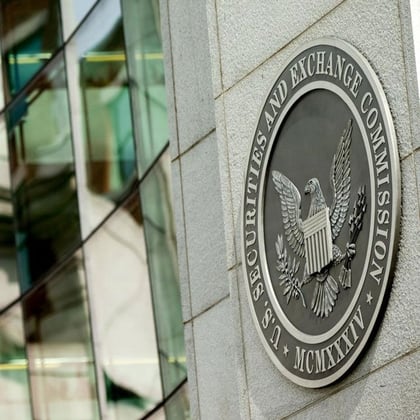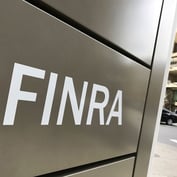What You Need to Know
- Revenue sharing arrangements are an exam priority.
- Regulation Best Interest and the Advisers Act fiduciary standard will also be in examiners' crosshairs.
- The Division of Examinations completed 3,040 exams in fiscal 2021, a 3% increase from fiscal 2020.
The Securities and Exchange Commission plans to focus its exams this year on RIAs’ use of 12b-1 fees in wrap fee accounts where the RIA may be responsible for paying transaction fees, along with revenue sharing arrangements.
The agency’s just-released exam priorities for 2022 state that RIA exams will focus on whether advisors “are acting consistently with their fiduciary duty to clients, looking at both duties of care and loyalty, including best execution obligations, financial conflicts of interest and related impartiality of advice, and any attendant client disclosures.”
The top focus areas include:
- revenue sharing arrangements;
- recommending or holding more expensive classes of investment products when lower cost classes are available (e.g., RIAs that recommend no-transaction-fee mutual fund share classes that have 12b-1 fees in wrap fee accounts where the RIA may be responsible for paying transaction fees;
- recommending wrap fee accounts without assessing whether such accounts are in the best interests of clients, including the impact of the move to zero commissions on certain types of securities transactions by a number of broker-dealers; and
- recommending proprietary products resulting in additional or higher fees.








 March 30, 2022 at 12:53 PM
March 30, 2022 at 12:53 PM











 Copyright © 2024 ALM Global, LLC. All Rights Reserved.
Copyright © 2024 ALM Global, LLC. All Rights Reserved.